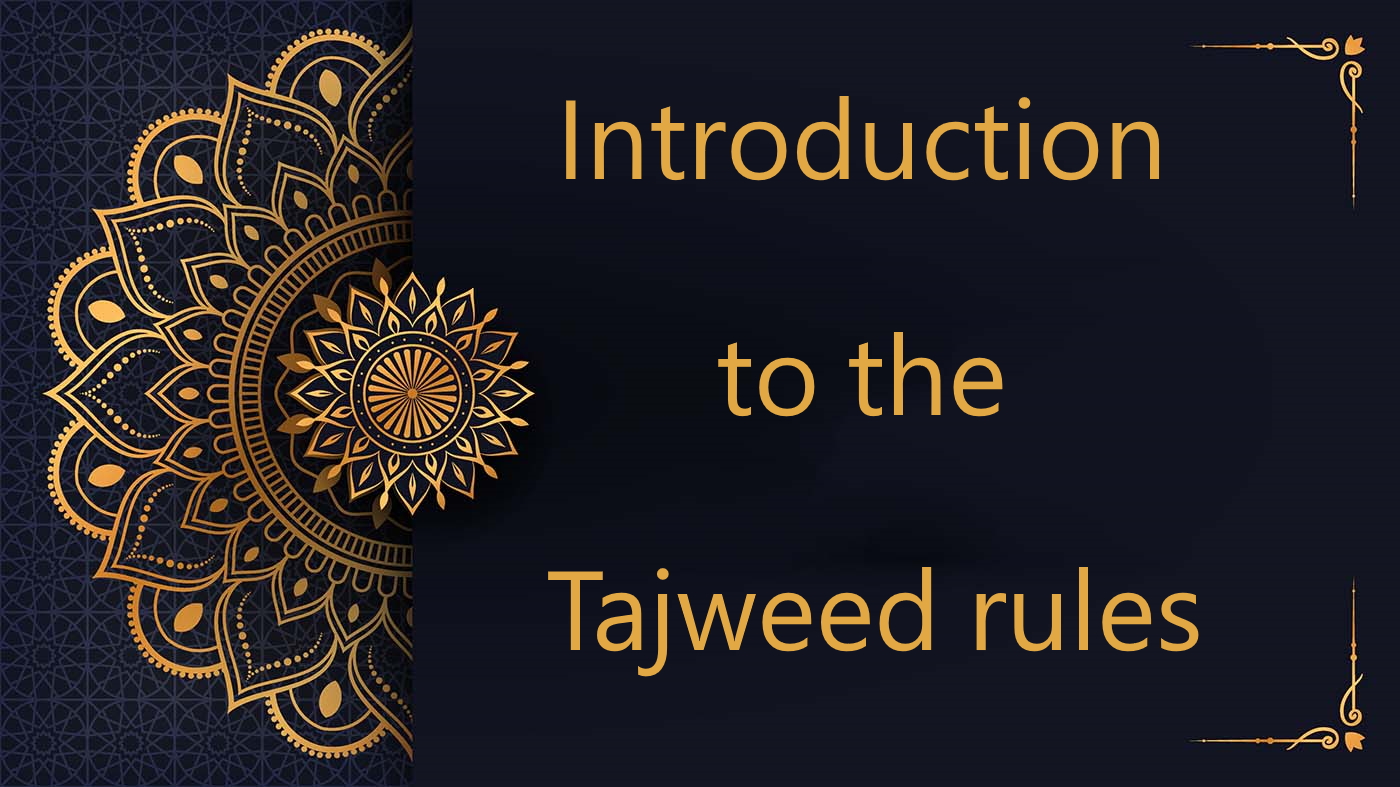Tajweed vs. Tarteel: Differences in Quran Recitation Techniques

Tajweed vs. Tarteel: Key Differences in Quran Recitation Techniques Reciting the Quran is a fundamental act of worship in a Muslim’s life. However, Quranic recitation goes beyond merely reading its verses. Mastering proper recitation involves two primary techniques: Tajweed (تجويد) and Tarteel (ترتيل). These methods, though complementary, have distinct objectives and characteristics. In this article, […]
12 Tips to Beautify Your Quran Recitation

12 Tips to Beautify Your Quran Recitation Reciting the Quran is a noble and cherished practice for every Muslim, allowing a deep connection with the divine words. However, reciting the Quran beautifully and accurately involves more than simply reading; it requires technique, patience, and most importantly, an understanding of Tajweed rules. In this article, we […]
An Introductory Guide to Tajweed Rules

An Introductory Guide to Tajweed Rules The Holy Qu’ran, Allah’s final revelation, serves as a beacon of guidance and knowledge for humanity. From the moment of its divine revelation, and by Allah’s grace, this boundless source has remained untouched, both in its profound meanings and even its subtlest letters and vocalization signs. Allah […]

